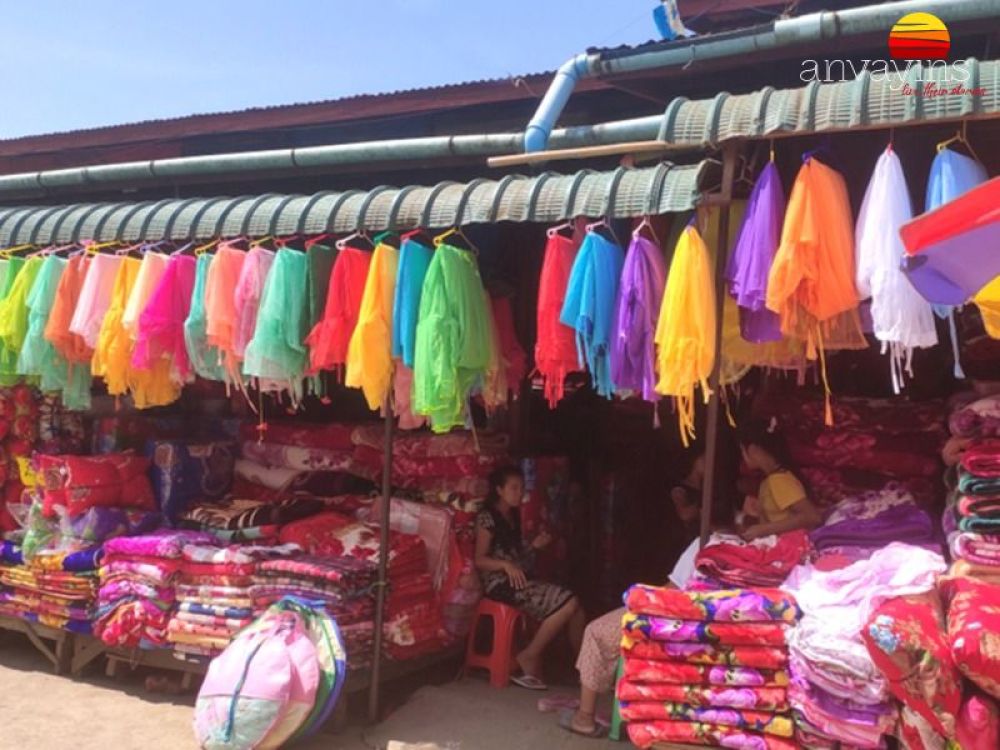

Nestled on the India-Myanmar border, the town of Moreh is a melting pot of cultures and serves as a key trade gateway between the two nations. The history of tourism in Moreh is intricately tied to its reputation as a bustling border market. Moreh Market has risen as a prominent commercial hub, with trade roots dating back to centuries. This border town has witnessed a remarkable transformation from a small village into a vibrant market frequented by traders, tourists, and local residents.
The cultural exchanges, availability of exotic goods, and the lure of the India-Myanmar border have made Moreh a fascinating destination for travelers. During the colonial era, Moreh and its market started gaining attention as a strategic point for British-India trade with Southeast Asian nations. Post-Independence, Moreh Market capitalized on the free movement across borders, growing significantly as a center for the exchange of goods and cultural ties.
In recent years, the importance of Moreh has been reinforced by the Indian government's "Act East" policy, which promotes economic partnerships with Southeast Asian countries. The market has blossomed under these initiatives, enticing tourists with its unique offerings of traditional handicrafts, exotic foods, and an array of imported goods, especially from Myanmar.
The market is regarded as a focal point for understanding the geo-political dynamics of the region, and becoming a part of the intricate web of cross-border relationships. With its layers of history and socio-economic significance, Moreh Market not only attracts traders but also researchers, history buffs, and culture enthusiasts.
In the wake of the digital era, smart tourism has started shaping experiences in Moreh. Visitors now have access to online resources for better planning their trips to the market. Moreover, there has been an increase in awareness regarding sustainable tourism practices, promoting responsible travel that minimizes the impact on the local environment and culture.
A renewed interest in border tourism has ignited curiosity to explore such unique markets, and Moreh leads in showcasing the benefits of international trade and cultural exchanges. The Moreh Market is not just about the exchange of goods but also knowledge, cultural practices, and fostering harmony between India and Myanmar.
Furthermore, with the recent developments in infrastructure, including better roads and enhanced border management systems, Moreh and its market anticipate more significant growth in terms of tourism and trade activities.
Despite its potential, Moreh Market faces challenges including political sensitivities, infrastructural constraints, and regulatory issues that affect cross-border trade and the smooth facilitation of tourists. Nevertheless, the Indian government, local authorities, and international agencies are persistently working to overcome these challenges, aiming to transform Moreh into a prime example of trans-border commercial and tourist integration.